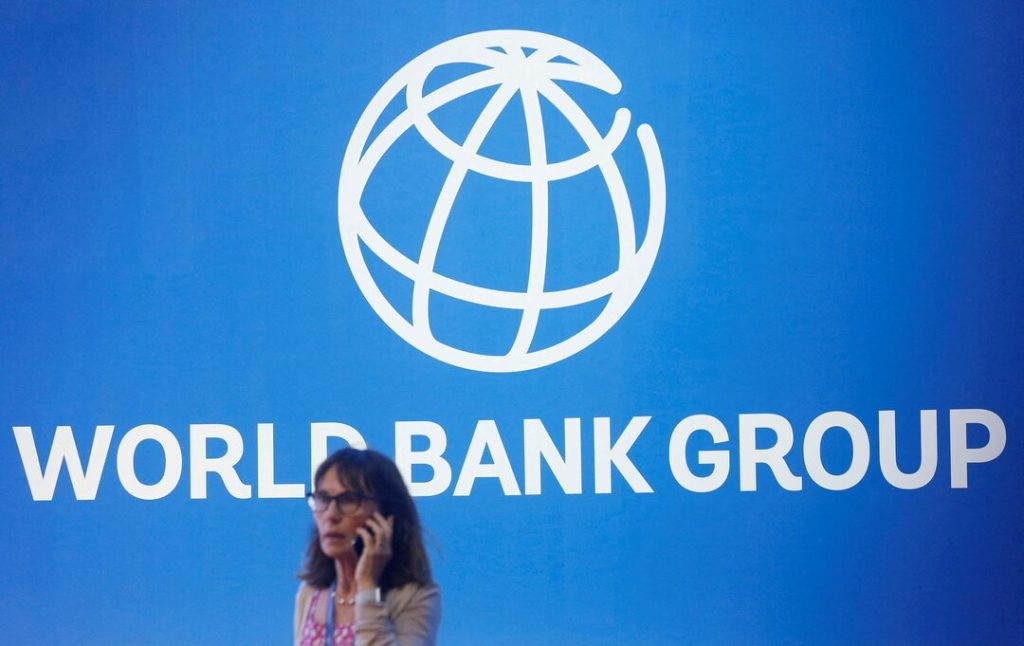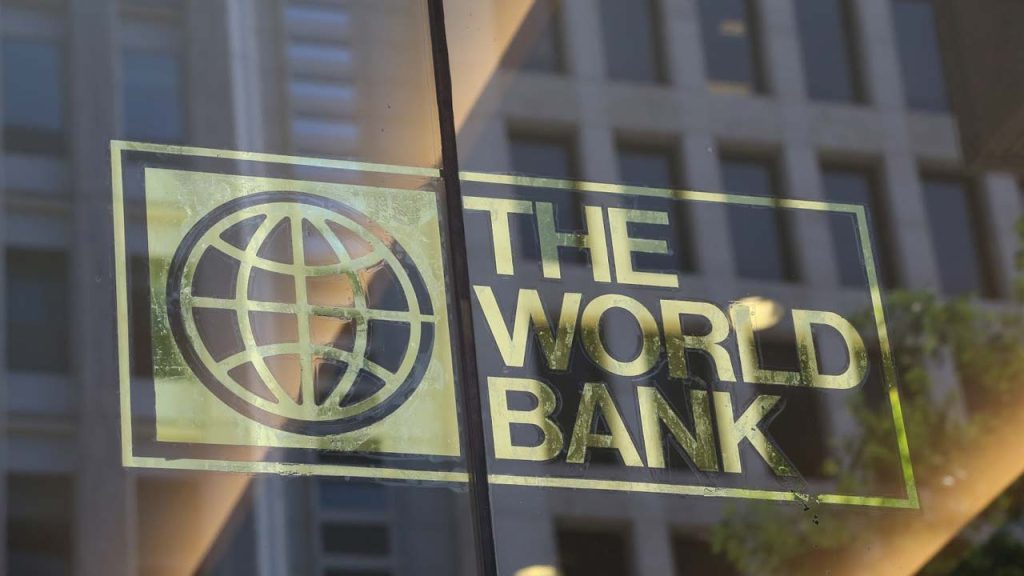Nigeria has been grappling with a steady rise in the cost of living, driven by inflation, currency fluctuations, and economic instability. Among the most significant financial burdens for citizens is the soaring cost of housing, which has become increasingly unaffordable for low- and middle-income earners.
The situation is compounded by the rising costs of building materials such as cement, steel, and wood, which have made property development more expensive. Additionally, demand for housing far outstrips supply, leading to a severe shortage of affordable housing options. As a result, many Nigerians are forced to live in overcrowded, substandard conditions with limited access to essential amenities like water and electricity.
The Growing Affordable Housing Crisis
Nigeria’s rapid urbanization is one of the primary drivers of the housing crisis. Millions of people are migrating to cities such as Lagos, Abuja, and Port Harcourt in search of better economic opportunities. However, this influx has placed immense pressure on the existing housing infrastructure, causing rents to rise beyond what many can afford.
Rent remains a fixed and unavoidable expense, unlike discretionary spending on luxury items or entertainment. Failure to meet rental obligations can lead to eviction, financial stress, and, in extreme cases, homelessness. Given Nigeria’s economic volatility, adopting strategic financial planning measures is essential to ensure housing stability.
The Financial Burden of Rent in Nigerian Cities
In major urban centers, rent often consumes a disproportionate share of household income. Experts recommend allocating no more than 30% of one’s income toward rent, but in Nigeria, this percentage is frequently exceeded.
A major challenge for tenants is the common requirement to pay rent one to two years in advance, a practice that places an enormous burden on middle- and low-income earners. Without structured savings plans, many tenants resort to borrowing, taking out loans, or making drastic sacrifices just to afford a place to live. These financial strains can have long-term consequences, making it crucial to adopt disciplined saving habits.
Effective Strategies for Managing Rent Payments
To navigate the challenges of rising rent costs, tenants must implement proactive financial strategies. Here are some key approaches:
1. Establishing a Realistic Rent Budget
Before committing to a rental property, individuals should determine a budget that aligns with their income. Financial experts advise that rent should not exceed 30% of one’s monthly earnings. However, other factors, such as location and additional financial obligations, should be considered. A well-planned budget ensures that rent does not consume too much of one’s income, leaving room for other essential expenses.
2. Creating a Dedicated Rent Savings Plan
Setting aside funds for rent in a separate account can help ensure timely payments. Automating monthly transfers into a dedicated rent account prevents last-minute financial strain and fosters discipline. Treating rent savings as a non-negotiable expense reduces the risk of falling behind on payments.
3. Cutting Unnecessary Expenses
Reducing discretionary spending can free up funds for rent. Simple lifestyle adjustments—such as dining out less frequently, canceling unused subscriptions, or opting for more affordable transportation—can make a significant difference. Small sacrifices can accumulate over time, making it easier to meet rent obligations without financial distress.
4. Exploring Additional Income Sources
With the rising cost of living, finding additional sources of income can help tenants save for rent more effectively. Part-time jobs, freelance work, and side businesses can supplement primary earnings. The digital economy offers numerous opportunities, including online tutoring, content creation, and e-commerce, which can generate extra income to ease rent payments.
5. Planning for Rent Increases
Rent prices fluctuate due to inflation, economic conditions, and landlord policies. Tenants should anticipate potential rent hikes by saving slightly more than their current rent amount. Setting aside an additional 5–10% each month can act as a cushion against sudden increases and prevent financial hardship when lease renewal time arrives.
6. Building an Emergency Fund
Unexpected circumstances such as job loss or medical emergencies can disrupt income streams, making rent payments challenging. A well-established emergency fund—equivalent to at least three to six months’ worth of rent—provides financial security and helps tenants stay afloat during difficult times.
7. Taking Advantage of Rent Discounts or Payment Plans
Some landlords offer discounts for early rent payments or flexible payment plans for tenants facing financial difficulties. Negotiating lease terms before signing an agreement can help secure favorable conditions, such as installment payment plans, making rent payments more manageable.
8. Avoiding Reliance on Loans for Rent
While borrowing money may seem like a quick solution to rent challenges, it often leads to long-term financial instability. High-interest loans and credit card debt can accumulate, making future rent payments even more difficult. Prioritizing savings over borrowing ensures financial independence and stability.
9. Developing a Long-Term Housing Plan
Beyond saving for rent, individuals should consider long-term housing strategies, such as homeownership or relocating to more affordable areas. A well-thought-out plan helps reduce dependency on short-term solutions and provides financial sustainability.
Expert Advice on Budgeting for Rent
Financial experts emphasize the importance of structured budgeting when planning for rent payments.
Solafunmi Sosanya, Chief Executive Officer of Wealthy Motley, advises that tenants should plan their rent payments well in advance.
“If your house rent is about N1.2 million and you earn N450,000 monthly, you should set aside N100,000 from your salary each month to ensure that by the end of the year, your rent is covered,” she said.
However, Sosanya warns against living in housing that is beyond one’s financial means.
“If you earn N250,000 monthly, you should never live in a house that costs N1.2 million per year. That’s equivalent to five to six months of your salary, meaning you’d be working half the year just to pay rent,” she explained.
She also stressed the importance of considering other living expenses beyond rent.
“When planning for rent, it’s essential to calculate all financial responsibilities. If you don’t do that, you’ll find yourself borrowing and accumulating debt,” Sosanya added.
Automating Rent Payments for Financial Discipline
Lawrence Ladokun, a project management professional, suggests automating rent savings by setting up a standing order with a bank.
“For example, if your annual rent is N780,000, you should set up a standing order to transfer N65,000 each month into a dedicated rent account. By the end of the year, the full rent amount will be available,” Ladokun said.
He acknowledged the temptation to withdraw from the savings account but emphasized the importance of financial discipline.
Similarly, Ayomide Oriwuyi, a data analyst, shared his strategy for ensuring rent payments.
“I set aside N20,000 every month into a separate account that I don’t have easy access to—no ATM card, no banking app linked to it. This prevents me from spending it impulsively,” Oriwuyi explained.
Conclusion
With Nigeria’s rising rent costs and economic volatility, adopting a disciplined approach to rent savings is essential. Budgeting effectively, cutting unnecessary expenses, finding additional income streams, and automating savings can help individuals and families meet their rent obligations without undue financial stress.
By planning ahead and making informed housing decisions, Nigerians can achieve greater financial stability and ensure long-term housing security.













